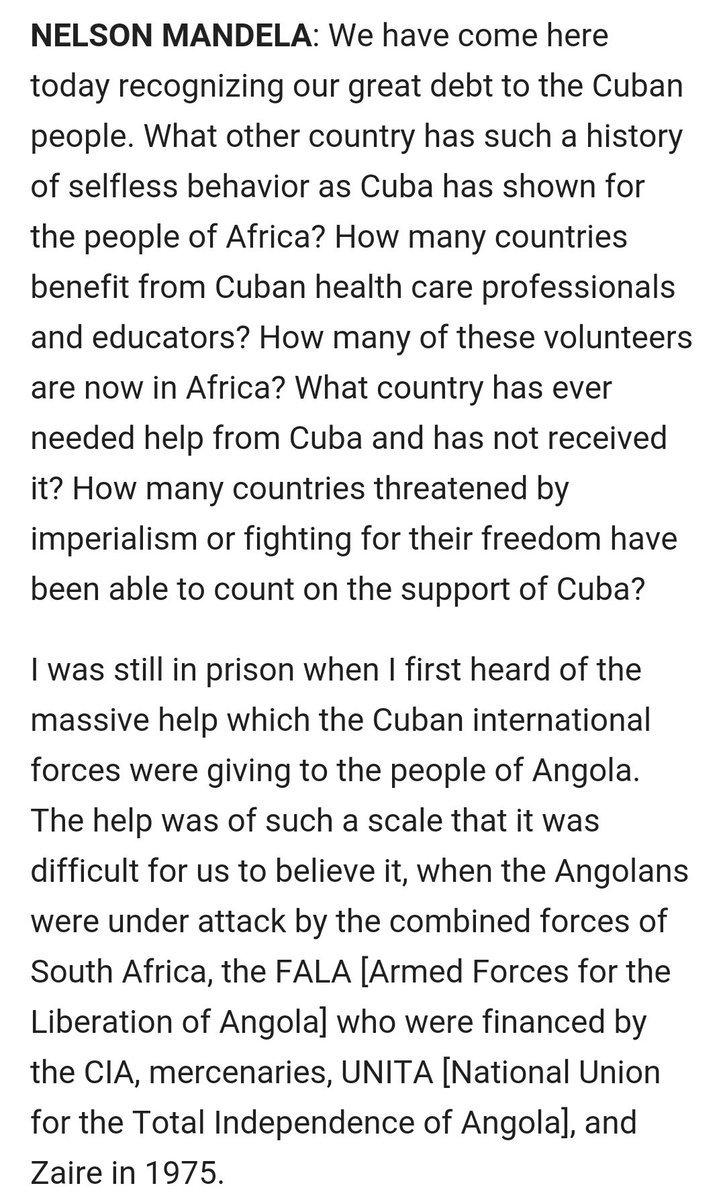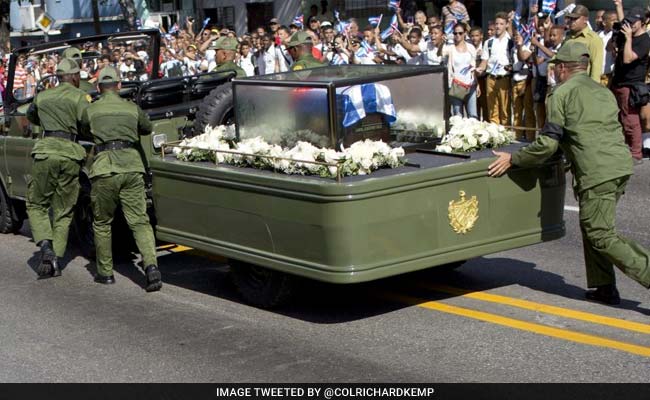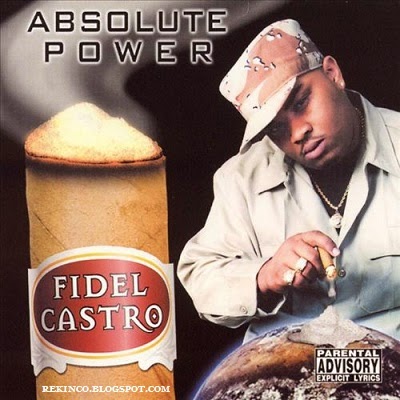

Pride that I was called out to weigh in on the political drama. Pride that Cuba was important, was important because of him. It rarely revealed anything but a kind of forced performance, and left me filled with a mixture of pride and shame.

It became such a routine demand, talking about Fidel, that little by little, it meant distorting myself into a fake oracle, an ethnographic case-study of what Cuban exiles should be. To speak of Fidel in the United States meant sacrificing history and nuance, and it also meant leaving myself at the margins. In the end I always felt pushed to confirm the prejudices and judgments of my interlocutors, coerced to support their expertise on Cuba, Cubans, and their dramatic exile surplus. To speak judiciously of his leadership, with measure and gravity, to speak of contexts and contingencies, to refuse to tolerate nonsense in Fidel conversations continued to be nearly impossible for me until very recently. For decades, I felt myself float out of my body as I answered. On the other hand, to express sympathy for Fidel’s ideals or achievements was a kind of soft salve in other spheres: it might impress my cosmopolitan hosts, bolster my left credentials, or prove that I was not some typical bourgeois reactionary.įidel was always the first or second question that anyone asked when they learned I was from Cuba, that I had grown up in Miami.
.jpg)
When I left, that disavowal continued to seem like a passport demanded in many circles, something that would confirm my authenticity as Cuban. To disavow and hate Fidel was the religion of Miami, a city of counter-revolution, political bombings, and forced silences when I was young. To test our loyalty to the United States. He was invoked to test American anticipations of what a Cuban should think, to confirm prejudices about Cuba, about Miami, about Latin Americans, about exiles or refugees. In the eyes of Americans, in conversations that demanded solidarities or condemnations, he came to be a kind of test, an unavoidable mirror through which others judged us, judged our politics and our sense of nation, even our common sense. His passing marks once again how he came to stand for all of us in the eyes of the world.Įvery Cuban I know has had to answer for herself or himself through Fidel, trying to answer that wrong question correctly. And it makes me rethink my loyalties, my weaknesses, and the lifetimes we have all spent in his shadow.įidel Castro’s death marks for me the end of epic dimensions for Cuban history, the end of an agonistic history for Cuba and its diaspora. Fidel’s legend, his image, his words and power were so enormously decisive in shaping my destiny that his death opens a time of remembering and reckoning. It makes me wonder what my father would say, what it would mean to him. I came to reimagine him in those years, and in the silence when I could no longer speak to my father about him, when my father could no longer speak to me about Fidel. But his descent into old age, his reclusion, his frailty, paralleled my father’s decline. I am not saying that Fidel is like a father to me. Fidel’s passing, like my father’s, seems ordinary, momentous, and mysteriously difficult to measure. He was buried seven months after the death of my father, at a time when my father’s loss seems more raw to me than when he died. The towering figure of my childhood and youth, the man who has shaped the lives of millions of Cubans around the world, was laid to rest. It was the feast-day of Santa Barbara, the Feast Day of Changó, and 49 years exactly since I left Cuba as a young child with my parents in 1967. The date has always been a secret anniversary for me, and the coincidence today speaks volumes about departures, mortality, and the end of an era. įidel Castro’s ashes were buried on Sunday the 4th of December, 2016, in Santiago de Cuba.

It was originally published in CubaCargo/Cult.
REST IN POWER FIDEL SERIES
This article closes our series of NACLA reflections on Fidel Castro’s passing-and his significance for Cuba, Latin America, and beyond.


 0 kommentar(er)
0 kommentar(er)
